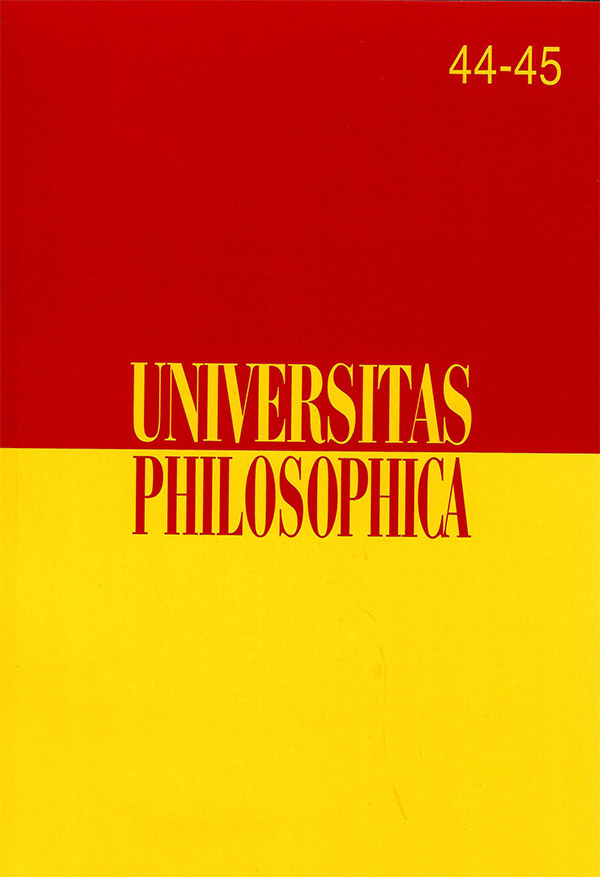Abstract
Rubio's desire for a philosophic recognition of narrative is evoked as a horizon of his teaching by the author of this essay. This desire never supposed breaking the concept up; rather, Rubio always wanted to steer it to make the narrative labor explicit as a foundational way of expression, transformation and enrichment of our experience. So, entwining Rubio and Ricœur, the author holds how philosophy does not fell flat through this route; on the contrary, it takes it beyond itself and avoids it to be reduced to problems and texts; also, this way leads it to come back to the place and role it had in antiquity: the enrichment of experience itself. After a succinct exposition of Ricœurian notion of Triple mimesis, the author takes Rubio's concerns in linking narrative intelligence with practical wisdom and prudent moral judgment still present in any act of reading. Finally, the author shows how Rubio echoes conatus implicit in narrative identity, in particular and communal poetic ways of life, throughout his reading and teaching of Ricœur.
This journal is registered under a Creative Commons Attribution 4.0 International Public License. Thus, this work may be reproduced, distributed, and publicly shared in digital format, as long as the names of the authors and Pontificia Universidad Javeriana are acknowledged. Others are allowed to quote, adapt, transform, auto-archive, republish, and create based on this material, for any purpose (even commercial ones), provided the authorship is duly acknowledged, a link to the original work is provided, and it is specified if changes have been made. Pontificia Universidad Javeriana does not hold the rights of published works and the authors are solely responsible for the contents of their works; they keep the moral, intellectual, privacy, and publicity rights.
Approving the intervention of the work (review, copy-editing, translation, layout) and the following outreach, are granted through an use license and not through an assignment of rights. This means the journal and Pontificia Universidad Javeriana cannot be held responsible for any ethical malpractice by the authors. As a consequence of the protection granted by the use license, the journal is not required to publish recantations or modify information already published, unless the errata stems from the editorial management process. Publishing contents in this journal does not generate royalties for contributors.


